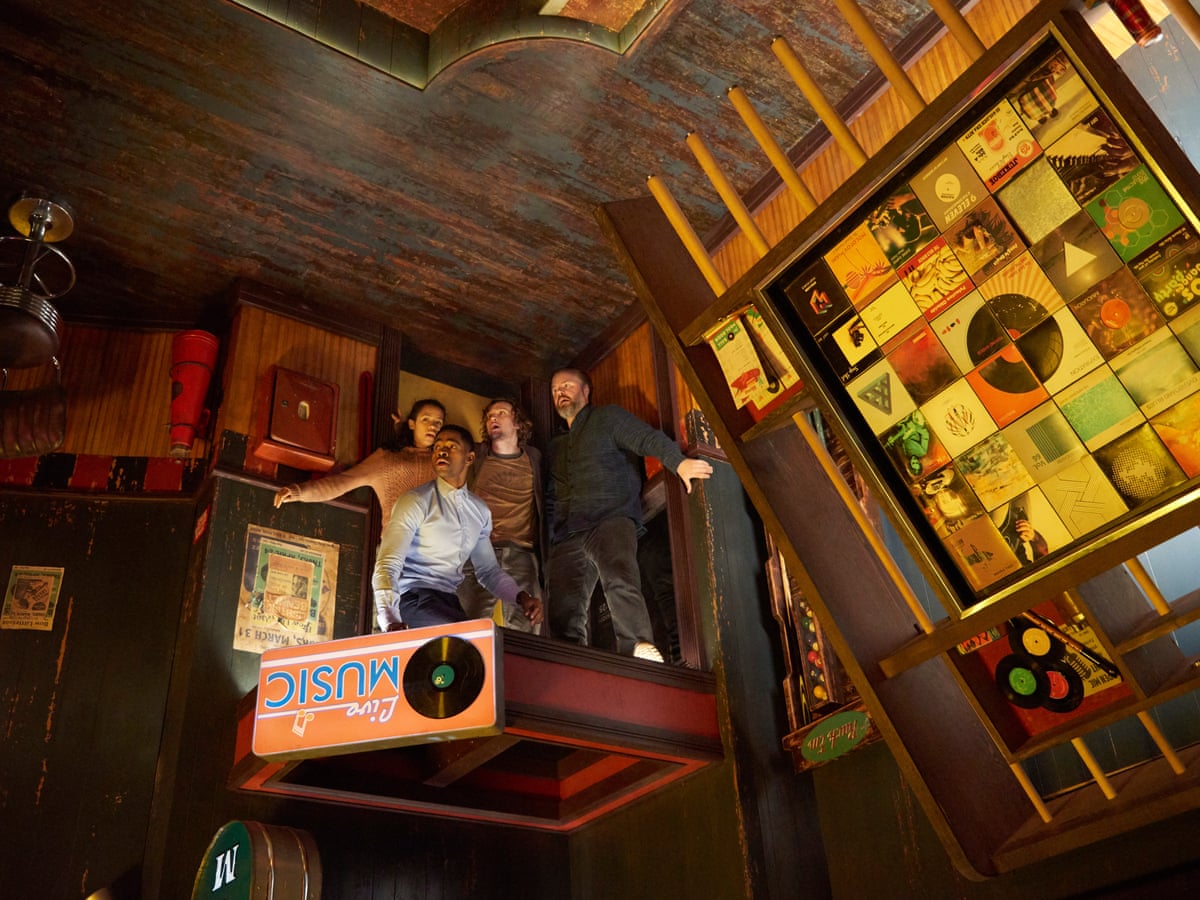Escape Room Minneapolis Mall of America-- Immersive and Fun
Escape Room Minneapolis Mall of America-- Immersive and Fun
Blog Article
Team Strategies: How to Collaborate Effectively in a Getaway Space
Navigating the intricacies of a getaway space requires even more than plain excitement; it calls for a well-coordinated approach grounded in clear communication, tactical function jobs, and adept time management. Teams need to actively listen to each member's insights, assign roles that align with private toughness, and maintain routine check-ins to guarantee emphasis and protect against redundancy. By fostering a setting that values cohesion and adaptability, teams can considerably enhance their effectiveness and success prices. The nuances of these methods can change the experience, however just how exactly can they be executed to take full advantage of the possibility for success?
Establish Clear Communication

To help with clear interaction, it is important to designate a central factor of contact for details circulation. Brief, focused updates from each group participant can keep the team notified without overwhelming them with details.

Appoint Roles Strategically
While clear interaction sets the structure for effective team effort, designating duties tactically makes certain that each staff member's toughness are utilized properly. In an escape area circumstance, the time-sensitive and intricate nature of obstacles requires a well-organized strategy to job delegation. By recognizing and leveraging individual expertises, teams can enhance their problem-solving abilities and boost general performance.
A person with an eager eye for information might excel in discovering covert items, while a sensible thinker can be much better matched to solving puzzles. This role typically needs solid business and social abilities.
Second, make certain that roles are flexible and adaptable. As new challenges emerge, the team must have the ability to pivot, reallocating tasks as required. This adaptability helps maintain momentum and protects against traffic jams that could happen as a result of inflexible duty jobs.
Inevitably, a strategic strategy to role task not only takes full advantage of the staminas of each group participant however additionally fosters a natural setting, driving the team towards a successful escape.
Utilize Diverse Abilities
Identifying and taking advantage of the diverse abilities within your group can considerably boost your performance in an escape space. Each staff member brings distinct strengths to the table, and effectively leveraging these capacities can speed up problem-solving and improve overall effectiveness. For example, a staff member with solid analytical abilities may stand out at figuring out complex codes or patterns, while another with keen empirical capacities may swiftly find concealed ideas that might ignore.
Urge group participants to articulate their understandings and concepts without delay, making certain that all possible remedies are taken into consideration. In addition, appointing tasks that align with each member's toughness can protect against traffic jams and make certain that progression is constant.
Additionally, diversity in abilities frequently translates to variety in assuming designs, which is vital in a getaway space setting. While some challenges might need rational reasoning and accuracy, others may gain from imaginative and association of ideas. By acknowledging and leveraging this diversity, teams can resolve check a more comprehensive array of difficulties much more efficiently, thereby raising their opportunities of a successful getaway.
Manage Time Effectively

Recognize noticeable challenges and divide tasks based on team participants' toughness, making sure that nobody is still. This technique can assist keep the group concentrated and prevent time from slipping away undetected.
Furthermore, avoid one-track mind. If a challenge is taking too long, revolve group members or relocate on to an additional challenge, returning later on with fresh viewpoints. Interaction is paramount-- maintain everybody upgraded on fixed challenges and remaining jobs to prevent repetitive efforts.
Lastly, use any tips or clues moderately but purposefully - best escape room. Understanding when to ask for assistance can conserve useful time. By sticking to these time administration concepts, teams can significantly enhance their chances of a successful and enjoyable getaway area experience
Debrief and Show
Representation is a necessary aspect of team growth and renovation in the context of original site getaway areas. Once the difficulty is finished, whether successfully or otherwise, it is crucial for the team to participate in a structured debriefing session. This process allows staff member to analyze their efficiency, recognize strengths, and identify locations for renovation.
Begin the debrief by discussing what worked out. Highlight particular circumstances of reliable communication, analytical, and cooperation. Identifying these positive behaviors strengthens them and urges their rep in future challenges.
Go over moments of confusion, miscommunication, or inefficient methods. Motivate an open and useful discussion where team members can share their point of views without worry of criticism.
Conclusion
To conclude, successful collaboration in an escape room is predicated upon clear interaction, critical duty tasks, the efficient usage of varied abilities, and proficient time monitoring. Normal check-ins and structured debriefings are vital for preserving focus and cultivating constant enhancement. By creating a natural and adaptive team setting, the probability of effectively solving problems and accomplishing the objective have a peek at these guys of escaping the space is significantly boosted. This technique not only makes certain success however also advertises cumulative growth and understanding.
Report this page